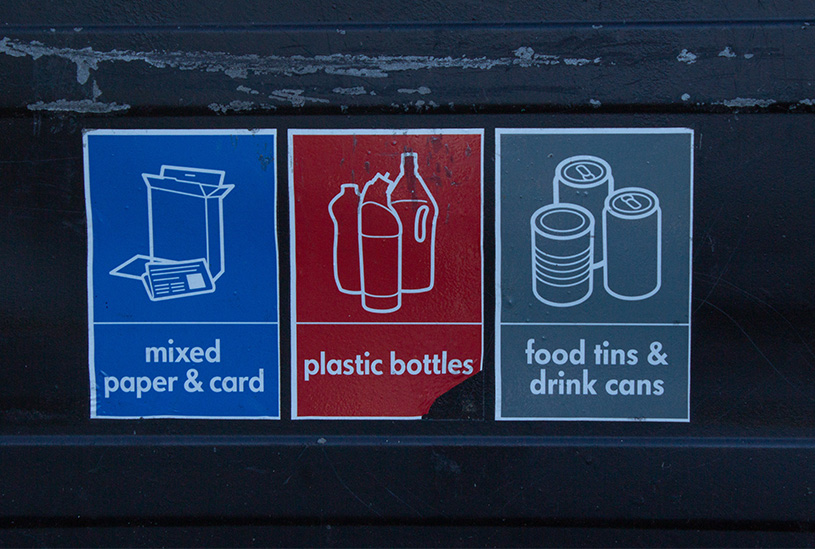Startup insurance
Join over nearly a million customers (including startups) – we offer public liability cover from £4.74*
Get tailored quotes in 7 minutes
- UK-based expert support, online and on the phone
- Get covered and all your documents the same day
- Compare tailored startup insurance quotes from trusted brands
10% of customers pay the equivalent of £4.74 a month*

Compare quotes from leading brands







Rated 4.8/5
Based on 39,800 reviews

Claims paid in 24 hours
For 80% of settled claims
Insurance for new business – why is it important?
Small businesses. New businesses. SMEs and side hustles. It’s a game we know inside-out, from our roots as an insurance startup. Maybe you give advice for a living, and professional indemnity claims are a concern. Or, you’re a food and drink brand and need cover to get service started. We’re dedicated to protecting what you’re building, one risk at a time.
- peace of mind, letting you focus on your business, not the insurance
- 24/7 UK-based claims support from an expert team
- equipment, accident, and employee cover – you choose what you need
Business insurance for startups – what does it cover?
We’ll start with public and product liability insurance, top of the list for lots of UK startups. This handy cover can protect you against claims for accidents and injuries, if someone thinks your business is at fault. You can add other popular covers too, like professional indemnity insurance (known as PI), and employers’ liability cover is a legal requirement for most employers in the UK.
This content has been created for general information purposes. Make sure you have the right level of business insurance by checking your policy documentation for details. Read our full Terms and Conditions
How much does insurance for a new business cost?
Find out how much you’ll pay by comparing prices from a range of trusted insurers. You choose what goes into your policy, so you only pay for what you need.
Prices start from £4.74 per month
Get tailored quotes in 7 minutes – prices are guaranteed for 30 days.
Get tailored quotes in 7 minutes
The price is for up to £2 million of public liability insurance – 10% of customers paid £56.82 or less annually between 1st Jan – 31st May 2024. Equivalent to £4.74 a month (and excludes the extra costs for paying monthly). 76% of customers have a £1 million limit and 24% £2 million. If you complete a quote, more types of cover will be available. These all have additional costs.
Example new business insurance quotes, real prices

£21.91 /month
£194.79 /year
A small online garden furniture business
- 1-2 years’ experience
- Limited company
- No employees
- Based in Sheffield
Public liability
£1,000,000
Employers’ liability
Not included
Stock
£10,000

£48.52 /month
£431.28 /year
A small online IT outsourcing firm (specialising in data backup and storage)
- 5+ years’ experience
- Limited company
- 2 employees
- Based in AB16 7LL
Public liability
£1,000,000
Employers’ liability
£10,000,000
Professional indemnity
£500,000
Contents & business equipment
£10,000
How we work out example quotes These examples are real quotes from our online system (created 19/04/2021). They’re based on a range of factors, like employees and location. Your own quote will be based on what you tell us about your business. Prices may go up or down from day to day, so the prices you’re quoted may differ to the ones you see here.
What kind of excess should I expect?
An excess is an amount you pay towards any claim you make on your insurance. For example, if your excess is £250 and you make a claim worth £1000, your payout will be a maximum of £750.
Insurance cover | Lowest excess | Highest excess |
|---|---|---|
Public liability | £100 | £2500 |
Employers’ liability | No excess | No excess |
Tools | £60 | £500 |
Stock | £100 | £500 |
Business and office equipment | £50 | £750 |
Professional indemnity | No excess | £2500 |
The figures above are for guidance only and any excess applying to your quote may differ. You’ll get a breakdown of the excesses for each quote when you compare with us.
How it works
Pick what goes into your policy
Only pay for what you need
Get prices from a range of insurers
Choose the best fit for you
Buy online in minutes
Get your documents the same day
Direct to
insurer
Highstreet
broker
Compare policies from a range of trusted insurers
Buy online or over the phone in minutes
How do I choose insurance?
Making sure you have the right type and level of business insurance can be the difference between getting a claim paid and having to cover the cost of an expensive accident yourself. Read our tips for guidance on what to consider when buying a policy.
Talk to an expert
Our team of UK-based insurance experts are here to help, Mon 09.00am – 05.30pm, Tues 09.00am – 05.30pm, Weds 09.00am – 05.30pm, Thurs 09.30am – 05.30pm, Fri 09.00am – 05.30pm, Sat 09.00am – 02.00pm

Call our team
How do claims work?
Unlike price comparison websites, we take the hassle out of claims for you. We know how important it is to get your business back on track quickly – and with a minimum of fuss. That’s why you get access to your dedicated claims any time, day or night. Call them on 0333 207 0560 or claim online. They’ll do their best to be fair and supportive.
£68 million in claims paid out in 2024
76% of claims were settled in 2024.
The figure above is rounded across our range of products. “Settled” covers paid, declined or withdrawn. Our claims process may vary for different products and operates on a ‘claim by claim’ basis. Our specialist partner Sedgwick will pay the claims on behalf of the insurer. Reviewed on 26/02/2025.
Chosen by nearly a million small business and landlord customers
We started out as a team of five back in 2005. We’ve grown since then, with nearly a million customers across 1,500 trades now trusting us to provide their business insurance.
Startup insurance FAQs
Whether you’re new to buying business insurance or you’ve been trading for a while, here are the answers to some commonly asked questions about business insurance for startups. You can also check out our business insurance FAQs.
This depends on your startup, and which insurer is providing your cover. Prices start from £6.56 a month for insurance for new business options – we work this out by taking the highest price from the bottom 10 per cent of all our customers paying in monthly instalments (based on data from 1 July – 31 December 2020). Most customers pay more than this but some pay less.
Yes. You may start offering additional services that require you to use different skills or carry out different tasks. If you find yourself in this situation, it’s important to give us a call on 0333 043 8527 to update your policy before you take on this new work. If you don’t have the correct type of cover in place for the work you do, you may be unable to claim on your policy if something goes wrong.
Each insurer looks at CCJs and IVAs differently – some apply stricter rules than others, but having a CCJ or IVA doesn’t necessarily mean you won’t be able to buy insurance.
You can choose the payment type that suits your business and cash flow best. Some customers prefer to pay in one go, while others prefer to pay a regular monthly amount, like you do with lots of other bills. Simply Business offer three ways to pay for your policy:
- one-off credit or debit card payment
- BACS payment
- Direct Debit
If you choose to pay by Direct Debit, our credit provider, Premium Credit, pays Simply Business the full amount for your policy up front. You then repay Premium Credit in 10 monthly instalments.
If you change your business legal structure from sole trader to limited company mid-way through your policy, give us a call straight away on 0333 043 8527. It’ll only take us a few minutes to cancel your existing policy and replace it with one that correctly covers your new legal structure. It’s worth bearing in mind that your insurer and premium amount may need to change.
This will depend on whether you have employers’ liability insurance in place. Public liability insurance is designed to protect your business against the consequences of legal action brought by members of the public for injuries or damage to their belongings. But when it comes to your employees causing injury or damage, this protection only activates if you also have employers’ liability insurance.
If you employ people, you’re required by law to have employers’ liability insurance.
There’s one exception here. Family businesses that aren’t incorporated as a limited company are not legally required to have employers’ liability insurance. The government defines a “family business” as one where all your employees are closely related to you (as a spouse, civil partner, sibling, child, parent, grandparent, grandchild, step-parent, stepchild or half-sibling). So if you run an unincorporated family business and you choose not to get employers’ liability insurance, it’s important to know that your public liability insurance wouldn’t cover you against damage or injury caused by your team.
We create this content for general information purposes and it should not be taken as advice. Always check policy documentation for details and seek professional advice. Read our full Terms and Conditions



